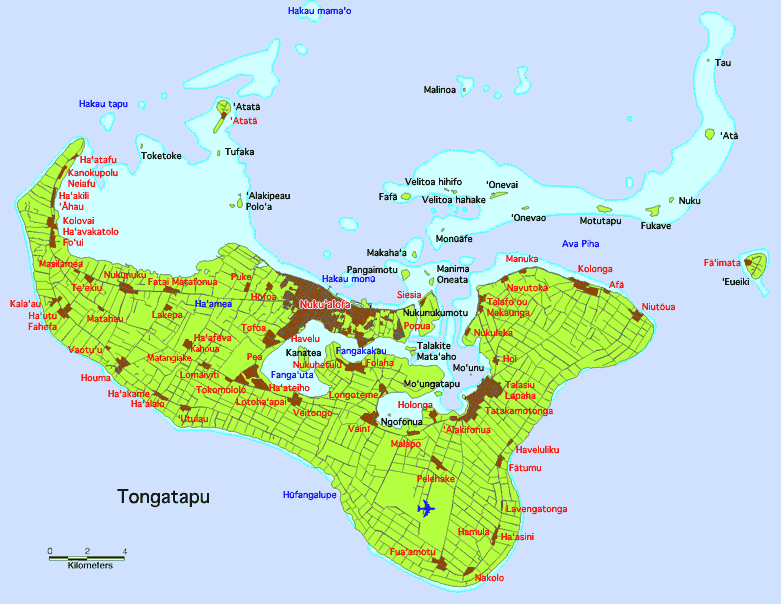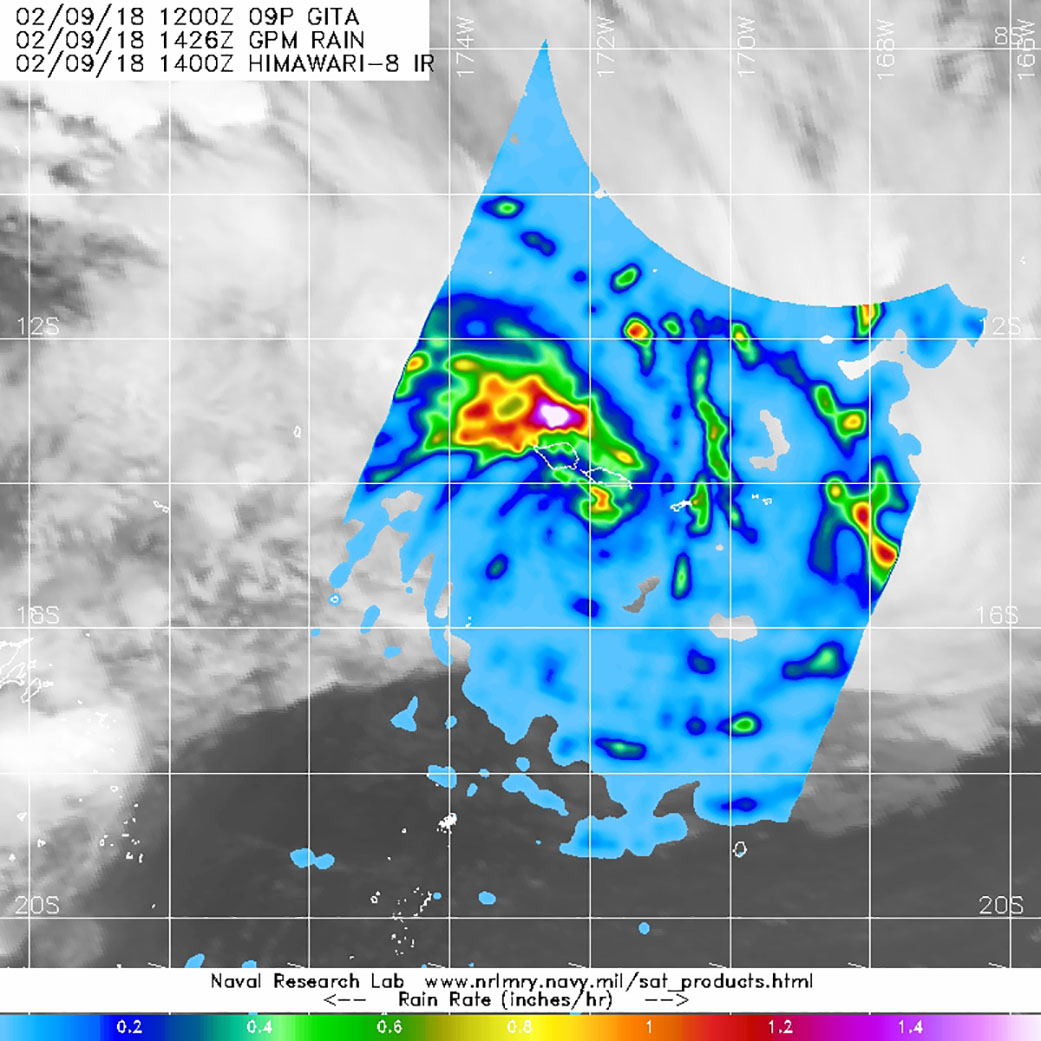|
Al-Khadeejah Mosque
The Al-Khadeejah Mosque is a mosque in Nukuʻalofa, Tongatapu, Tonga. History The mosque was established in 2010 with funds from foreign donors. In 2018, the mosque was damaged by the Cyclone Gita. See also * Islam in Tonga Tonga is an overwhelmingly Christian majority country, with adherents of Islam being a minuscule minority. Due to secular nature of the Tonga's constitution, Muslims are free to proselytize and build places of worship in the country. Most Musli ... References 2010 establishments in Tonga Islam in Tonga Mosques completed in 2010 Mosques in Oceania Religious buildings and structures in Tonga Buildings and structures in Nukuʻalofa {{Tonga-stub ... [...More Info...] [...Related Items...] OR: [Wikipedia] [Google] [Baidu] |
Islam
Islam (; ar, ۘالِإسلَام, , ) is an Abrahamic religions, Abrahamic Monotheism#Islam, monotheistic religion centred primarily around the Quran, a religious text considered by Muslims to be the direct word of God in Islam, God (or ''Allah'') as it was revealed to Muhammad, the Muhammad in Islam, main and final Islamic prophet.Peters, F. E. 2009. "Allāh." In , edited by J. L. Esposito. Oxford: Oxford University Press. . (See alsoquick reference) "[T]he Muslims' understanding of Allāh is based...on the Qurʿān's public witness. Allāh is Unique, the Creator, Sovereign, and Judge of mankind. It is Allāh who directs the universe through his direct action on nature and who has guided human history through his prophets, Abraham, with whom he made his covenant, Moses/Moosa, Jesus/Eesa, and Muḥammad, through all of whom he founded his chosen communities, the 'Peoples of the Book.'" It is the Major religious groups, world's second-largest religion behind Christianity, w ... [...More Info...] [...Related Items...] OR: [Wikipedia] [Google] [Baidu] |
Nukuʻalofa
Nukualofa (; ) is the capital and largest city of Tonga. It is located on the north coast of the island of Tongatapu, in the country's southernmost island group. History First western records of Nukualofa On 10 June 1777, British captain James Cook wrote of his arrival at their anchorage place. His description of the place confirmed, with his map, that this was the bay of Nukualofa. Cook never used the name Nukualofa or any other spelling for the reports of this voyage, but he mentioned the island of Pangaimodoo ( Pangaimotu) which was to the east of his anchorage position. Captain Cook also wrote that he travelled by canoes to visit Mooa ( Mua) where Paulaho and other great men lived. The house that Paulaho provided was on the beach from the ship. Reference to his map shows that he must have landed and stayed in the Siesia area, the eastern part of modern Nukualofa. Cook also drafted the first map of the bay of Nukuʻalofa. The first written record for Nukuʻalofa is stat ... [...More Info...] [...Related Items...] OR: [Wikipedia] [Google] [Baidu] |
Tongatapu
Tongatapu is the main island of Tonga and the site of its capital, Nukualofa. It is located in Tonga's southern island group, to which it gives its name, and is the country's most populous island, with 74,611 residents (2016), 70.5% of the national population, on . Based on Google Earth Pro, its maximum elevation is at least above sea level along Liku Road at 21 degrees 15 minutes and 55.7 seconds south 175 degrees 08 minutes 06.4 seconds west, but could be even higher somewhere else. Tongatapu is Tonga's centre of government and the seat of its monarchy. Tongatapu has experienced more rapid economic development than the other islands of Tonga, and has thus attracted many internal migrants from them. Geography The island is (or including neighbouring islands) and rather flat, as it is built of coral limestone. The island is covered with thick fertile soil consisting of volcanic ash from neighbouring volcanoes. At the steep coast of the south, heights reach an average of , a ... [...More Info...] [...Related Items...] OR: [Wikipedia] [Google] [Baidu] |
Tonga
Tonga (, ; ), officially the Kingdom of Tonga ( to, Puleʻanga Fakatuʻi ʻo Tonga), is a Polynesian country and archipelago. The country has 171 islands – of which 45 are inhabited. Its total surface area is about , scattered over in the southern Pacific Ocean. As of 2021, according to Johnson's Tribune, Tonga has a population of 104,494, 70% of whom reside on the main island, Tongatapu. The country stretches approximately north-south. It is surrounded by Fiji and Wallis and Futuna (France) to the northwest; Samoa to the northeast; New Caledonia (France) and Vanuatu to the west; Niue (the nearest foreign territory) to the east; and Kermadec (New Zealand) to the southwest. Tonga is about from New Zealand's North Island. First inhabited roughly 2,500 years ago by the Lapita civilization, Tonga's Polynesian settlers gradually evolved a distinct and strong ethnic identity, language, and culture as the Tongan people. They were quick to establish a powerful footing acr ... [...More Info...] [...Related Items...] OR: [Wikipedia] [Google] [Baidu] |
Mosque
A mosque (; from ar, مَسْجِد, masjid, ; literally "place of ritual prostration"), also called masjid, is a place of prayer for Muslims. Mosques are usually covered buildings, but can be any place where prayers ( sujud) are performed, including outdoor courtyards. The first mosques were simple places of prayer for Muslims, and may have been open spaces rather than buildings. In the first stage of Islamic architecture, 650-750 CE, early mosques comprised open and closed covered spaces enclosed by walls, often with minarets from which calls to prayer were issued. Mosque buildings typically contain an ornamental niche ('' mihrab'') set into the wall that indicates the direction of Mecca (''qiblah''), Wudu, ablution facilities. The pulpit (''minbar''), from which the Friday (jumu'ah) sermon (''khutba'') is delivered, was in earlier times characteristic of the central city mosque, but has since become common in smaller mosques. Mosques typically have Islam and gender se ... [...More Info...] [...Related Items...] OR: [Wikipedia] [Google] [Baidu] |
Cyclone Gita
Severe Tropical Cyclone Gita was the most intense tropical cyclone to impact Tonga since reliable records began. The second named storm and first major tropical cyclone of the 2017–18 South Pacific cyclone season, Gita originated from a monsoon trough that was active in the South Pacific in early February 2018. First classified as a tropical disturbance on 3 February, the nascent system meandered near Vanuatu for several days with little development. After acquiring a steady east trajectory near Fiji, it organized into a Category 1 tropical cyclone on 9 February near Samoa. Arcing south in a clockwise turn, the system rapidly intensified, and became a severe tropical cyclone on 10 February near Niue. Throughout its path in the South Pacific, Cyclone Gita affected multiple island nations and territories. Tonga was the hardest-hit, with severe damage occurring on the islands of Tongatapu and ʻEua; two fatalities and forty-one injuries occurred in the kingdom. At least 171& ... [...More Info...] [...Related Items...] OR: [Wikipedia] [Google] [Baidu] |
Islam In Tonga
Tonga is an overwhelmingly Christian majority country, with adherents of Islam being a minuscule minority. Due to secular nature of the Tonga's constitution, Muslims are free to proselytize and build places of worship in the country. Most Muslims in Tonga belong to either Sunni or Ahmadiyya denominations. The number of Muslims was estimated at less than 1000 in 2010 by the Pew Research Center in a population of about 108,000, while a report by the Fiji Muslim League estimated that in 2002 there were about 70 Muslim Tongan nationals out of a Muslim population of 100. Muslim school Tonga’s Muslim community is planning to raise funds in the Middle East to build a new boarding school on Tongatapu. The school is to follow the Tongan school curriculum, but additionally offer the Arabic language and Islamic studies as options. Sheikh Imam Abdul Fader, a spiritual leader of the Tongan Muslim community and a mathematics teacher, said their project is to build a three-story boarding ... [...More Info...] [...Related Items...] OR: [Wikipedia] [Google] [Baidu] |
2010 Establishments In Tonga
1 (one, unit, unity) is a number representing a single or the only entity. 1 is also a numerical digit and represents a single unit of counting or measurement. For example, a line segment of ''unit length'' is a line segment of length 1. In conventions of sign where zero is considered neither positive nor negative, 1 is the first and smallest positive integer. It is also sometimes considered the first of the infinite sequence of natural numbers, followed by 2, although by other definitions 1 is the second natural number, following 0. The fundamental mathematical property of 1 is to be a multiplicative identity, meaning that any number multiplied by 1 equals the same number. Most if not all properties of 1 can be deduced from this. In advanced mathematics, a multiplicative identity is often denoted 1, even if it is not a number. 1 is by convention not considered a prime number; this was not universally accepted until the mid-20th century. Additionally, 1 is the s ... [...More Info...] [...Related Items...] OR: [Wikipedia] [Google] [Baidu] |
Mosques Completed In 2010
A mosque (; from ar, مَسْجِد, masjid, ; literally "place of ritual prostration"), also called masjid, is a place of prayer for Muslims. Mosques are usually covered buildings, but can be any place where prayers (sujud) are performed, including outdoor courtyards. The first mosques were simple places of prayer for Muslims, and may have been open spaces rather than buildings. In the first stage of Islamic architecture, 650-750 CE, early mosques comprised open and closed covered spaces enclosed by walls, often with minarets from which calls to prayer were issued. Mosque buildings typically contain an ornamental niche (''mihrab'') set into the wall that indicates the direction of Mecca (''qiblah''), ablution facilities. The pulpit (''minbar''), from which the Friday (jumu'ah) sermon (''khutba'') is delivered, was in earlier times characteristic of the central city mosque, but has since become common in smaller mosques. Mosques typically have segregated spaces for men and w ... [...More Info...] [...Related Items...] OR: [Wikipedia] [Google] [Baidu] |
Mosques In Oceania ...
This is an incomplete list of mosques in Oceania. Australia Fiji Ahmadiyya There are five Ahmadiyya mosques in Fiji. Non-denominational There are four non-denominational mosques in Fiji.https://www.salatomatic.com/mob/sub/Fiji/Western/Ojz7vu8sd1 Marshall Islands The following is a list of mosques in the Marshall Islands. New Caledonia The following is a list of mosques in New Caledonia. New Zealand The following is a list of mosques in New Zealand. Papua New Guinea Tuvalu See also * Islamic organisations in Australia References {{Oceania in topic, Islam in !Oceania *List Mosques Mosques A mosque (; from ar, مَسْجِد, masjid, ; literally "place of ritual prostration"), also called masjid, is a place of prayer for Muslims. Mosques are usually covered buildings, but can be any place where prayers ( sujud) are performed, i ... [...More Info...] [...Related Items...] OR: [Wikipedia] [Google] [Baidu] |
Religious Buildings And Structures In Tonga
Religion is usually defined as a social-cultural system of designated behaviors and practices, morals, beliefs, worldviews, texts, sanctified places, prophecies, ethics, or organizations, that generally relates humanity to supernatural, transcendental, and spiritual elements; however, there is no scholarly consensus over what precisely constitutes a religion. Different religions may or may not contain various elements ranging from the divine, sacred things, faith,Tillich, P. (1957) ''Dynamics of faith''. Harper Perennial; (p. 1). a supernatural being or supernatural beings or "some sort of ultimacy and transcendence that will provide norms and power for the rest of life". Religious practices may include rituals, sermons, commemoration or veneration (of deities or saints), sacrifices, festivals, feasts, trances, initiations, funerary services, matrimonial services, meditation, prayer, music, art, dance, public service, or other aspects of human culture. Religions have ... [...More Info...] [...Related Items...] OR: [Wikipedia] [Google] [Baidu] |
.jpg)





